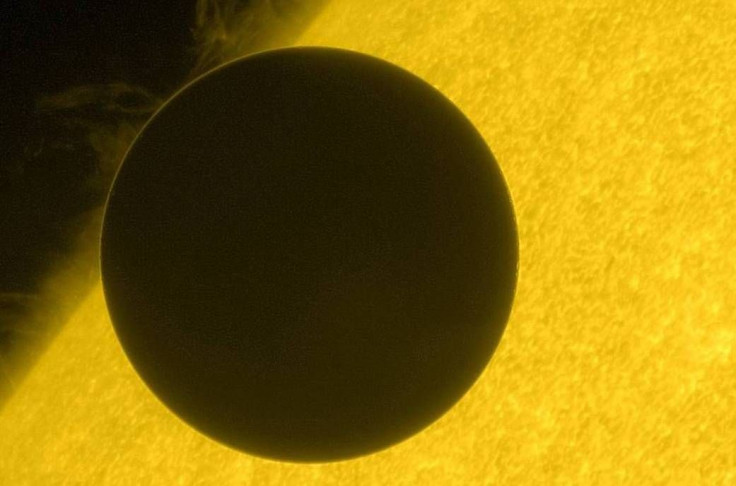Venus Mission Possible With Current Technology, Scientists Claim

A scientific advisory group for NASA proposed to the space agency that a mission to Venus is possible even with today’s technology. According to the group, visiting Venus would provide valuable information regarding its possible similarities with Earth.
Currently, NASA is gearing up with its new spaceflight program dubbed as Artemis. Aside from going to the Moon, another main goal of Artemis is to send a human expedition to Mars. A crewed mission to the Red Planet could take place sometime in 2030.
Some of the objectives of the upcoming Mars mission is to find traces of water as well as extraterrestrial life. However, for the members of the Venus Exploration Analysis Group (VEXAG), NASA should considering visiting and studying other planets in the Solar System.
During an advisory committee hosted by NASA last month, representatives of VEXAG made a presentation to show why Venus is a viable subject for a space mission.
"The Mars program has 'followed the water' and continued to look for evidence of life, but Mars only had liquid water present on its surface for a few hundred million years, [about] three billion years ago," Darby Dyar of VEXAG told Space.com.
"Moreover, the Mars program has long united around a single goal, which is to bring samples back from Mars. NASA Headquarters is supporting that goal with planning now,” Dyar added. “So my feeling is that although many outstanding science questions about Mars remain, they are second order compared to the dire state of knowledge about Venus."
According to VEXAG, NASA already has the necessary systems and equipment to launch and exploration mission to Venus. Doing so would allow the agency to carry out deep investigations on the planet.
Many scientists believe that Venus, which is the second planet from the Sun, once had planetary conditions that were similar to Earth’s current state. Due to its proximity to the Sun, it is widely believed that the planet once had liquid water.
However, as the Sun grew older and became hotter, Venus’s environment began to change. Today, Venus exhibits hellish and uninhabitable conditions and is regarded as the hottest planet in the Solar System.
For VEXAG, sending a mission to Venus would provide important clues as to how the planet transformed into what it is today.
© Copyright IBTimes 2024. All rights reserved.





















